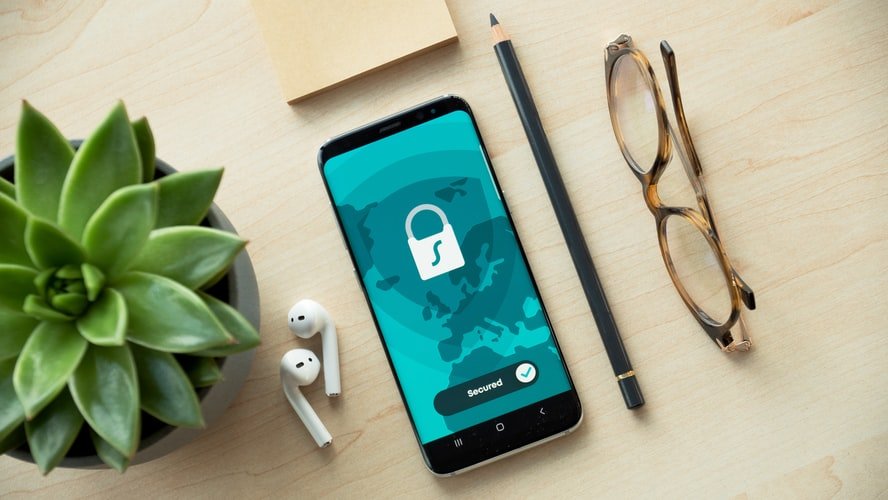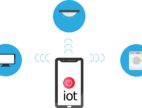Do You Want To Go With Wireless VoIP? Here Are X Things You Should Know About It
by Abdul Aziz Mondal Business Intelligence Published on: 08 September 2021 Last Updated on: 30 December 2024

Do you know why many business owners love VoIP? They get to enjoy massive savings just by making the switch. No wonder VoIP providers like Beta company are striving to provide even better service to their clientele.
But that’s not all there is to love about VoIP. Because of it, you no longer have to be tied down to a phone. Your number doesn’t even have to reflect the area you’re in.
To enjoy the benefits, you have to set yourself up for success. After all, one ad call quality can damage the reputation of your enterprise.
Wireless VoIP is seen as a solution in ensuring stable connection and extensive reach for VoIP calls. If you’re considering it, here are some things that will interest you:
1. Wireless VoIP is simply better than your cellular provider

Imagine having to call someone from Norway. How much do you think that would cost if you’re going to call them directly?
It would be a lot, for sure. That would make it hard for businesses (startups most especially) to maintain their connection beyond their borders as the costs are just too high.
Financial inaccessibility will hinder growth. That’s why wireless VoIP is the better option. This greatly reduces (or in some circumstances, even eliminates) long-distance charges so you don’t have to worry about your phone bill every month.
2. Using VoIP on wireless smartphones is a huge money saver
Today, almost everyone has a smartphone. And just like you, your staff practically use it for everything from connecting with friends to seeking entertainment.
At this point, there’s so little that your average phone can’t do. And to make it VoIP-accessible, all you need to do is install a virtual phone number app recommended by your provider.
From there, you can make calls at the fraction of the cost of doing it using your cellular network. That, in itself, will already save you a lot of money.
But that’s not the only way you’re going to save. Because your staff already have a smartphone, you don’t need to buy business phones for them.
Instead, you can just have them install the app to assign them a VoIP number.
3. Voice transmission needs speed
And lots of it. This isn’t like uploading an attachment on an email and sending it to someone.
If you’re not familiar with how VoIP works, your device will constantly be sending and receiving voice data to ensure a smooth call.
Therefore, unstable and fluctuating internet speed would ruin the experience. This can mean some data would be lost, resulting in you or the other person being “choppy.”
Sometimes, the receipt of the voice data would only be delayed.
But at worst, the call may even be dropped. This is likely to happen if the speed doesn’t go back up right away.
4. Using WiFi and mobile data interchangeably can diminish call quality
If you think about it, this is actually what happens every time you switch between the two.
Try downloading any large app on your phone using your WiFi. Now, switch to mobile data.
You’ll notice that there’s a lag. Your download probably stopped progressing for a few seconds until your mobile data was activated.
Regardless of the speed of the two connections, even a fraction of a second of not being connected to the internet can affect the quality of the call.
It may cause you to miss out on a few important details during the call. If you’re working on customer support, an irate customer may end up leaving you bad feedback.
5. Security is important for VoIP
As with anything on the internet, there’s always a chance of a security breach. That’s why it’s recommended that you never use public WiFi for VoIP.
However, that alone wouldn’t suffice to ensure the security of your VoIP system.
You should take additional precautions like publishing an employee handbook on the proper use of VoIP, setting up additional firewalls, or even hiring a cybersecurity expert to assess the threat exposure of your system.
Considering that a security breach can mean loss of data, identity theft, and days of lost productivity, being prepared for the worst should be a top objective.
6. You can use multiple devices at once
Gone are the days that one number is connected to one device. Today, you can have it connected to multiple devices – all of which you most likely already own.
This provides a level of convenience that lets you focus on the more important things at work. For as long as the device in question is capable of connecting to WiFi or using mobile data, you can be connected all the time.
Wireless VoIP is the smart solution to gearing your business for success. And knowing what the tech is capable of and how to maximize its features will benefit your enterprise.
Read Also:





































































































